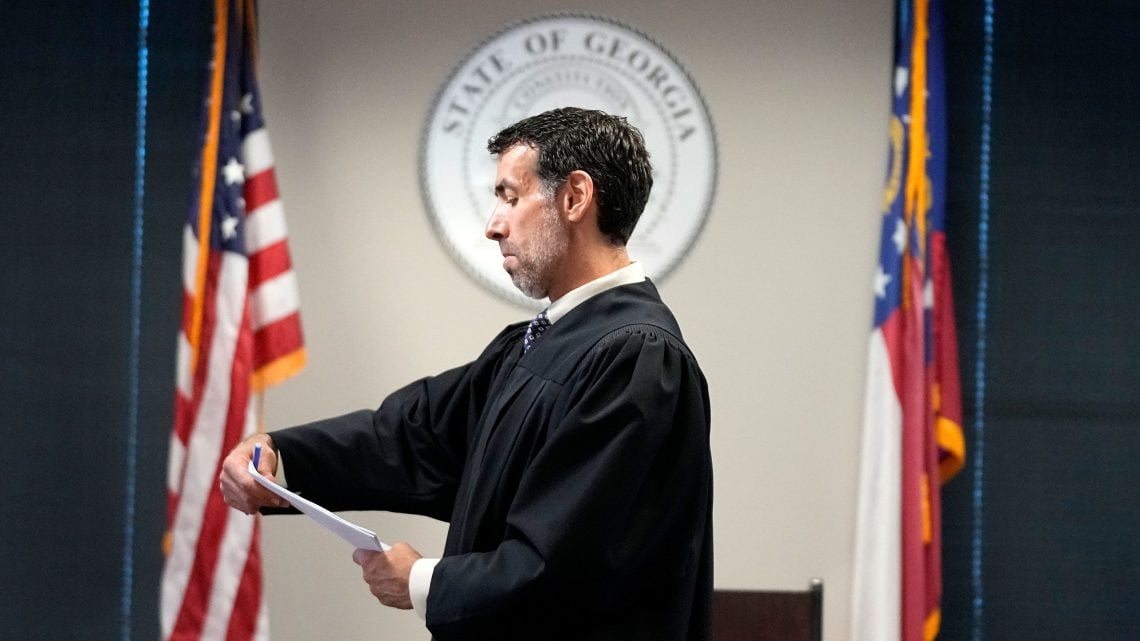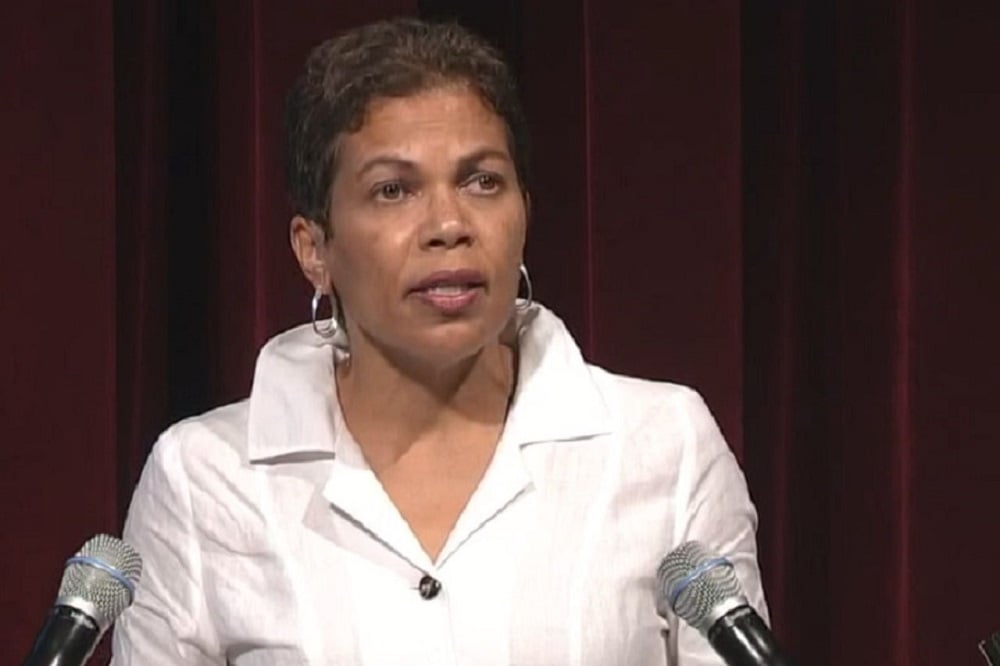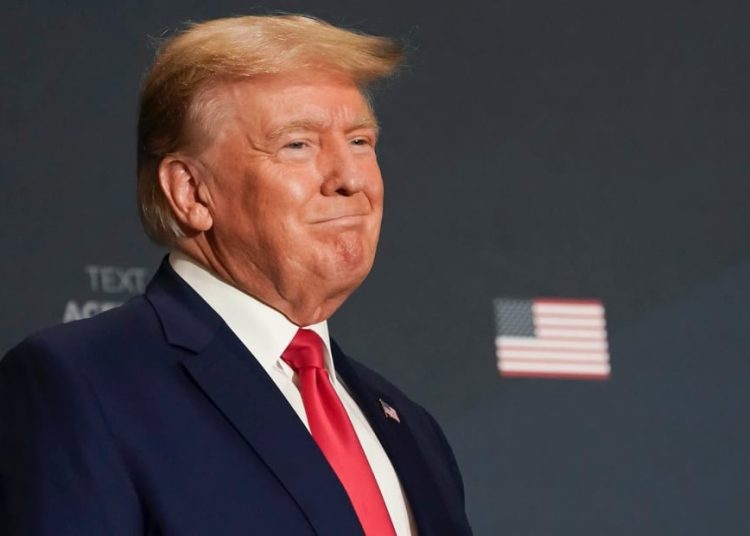Bad luck seems to accompany Donald Trump and his lawyers in their legal requests, first against Georgia District Attorney Fani Willis. Faced with the request to disqualify her and annul the report of the special Grand Jury that finally gave the green light to file charges against her and 18 surrogates, Judge Robert McBurney denied it without any hesitation.
McBurney then established that Trump had no legal basis for the challenge and that there was no reason for either. It was a desperate and ultimately puerile effort to try to avoid prosecution in Fulton County by claiming that “the high-profile nature of the case [the lawyers were referring to the social impact, A.P.] prevented her [Willis] from proceeding fairly.” But it was also a way of trying to hide from the public the deliberations and conclusions of that special Grand Jury, released this month.

A Harvard graduate and appointed in 2012 by Georgia’s Republican governor, Nathan Deal, McBurney in effect rejected the request to toss out the evidence collected by that Grand Jury and to disqualify Willis. “The drumbeat from the District Attorney has been neither partisan (in the political sense) nor personal, in marked and refreshing contrast to the stream of personal invective flowing from one of the movants,” he wrote, taking aim at the legal team of the ex. And he concluded: “Put differently, the District Attorney’s Office has been doing a fairly routine – and legally unobjectionable – job of public relations in a case that is anything but routine.”
In the end, Trump and his lawyers had no choice but to abandon the request on August 4, 2023, due to lack of merit, a keyword in almost all the processes in which they have been involved with lawsuits and/or petitions. Above all, but not only, in relation to phantasmagorical electoral frauds coming from the head of a populist demagogue.
Now the defense of the accused has just requested the recusal of Judge Tanya Chutkan, who is presiding over the Washington DC case, due to having supposedly prejudged the guilt of the former President when sentencing two defendants in the attack on the Capitol. The judge then stated that Trump and other subjects who claimed that the election was stolen had not been charged with crimes. Trump’s lawyer, John F. Lauro, said those comments “inevitably taint” his handling of the case and that “the law and the overwhelming public interest in the integrity of this historic proceeding require recusal.”

In his ruling rejecting the request, special counsel Jack Smith, appointed by the Justice Department to oversee its two investigations into Trump, known to be related to his mishandling of classified documents and breaking the law by trying to overturn the result of the presidential election of 2020, established that there was “no valid basis, under the relevant laws and facts, for the Honorable Tanya S. Chutkan, United States District Judge for the District of Columbia, to disqualify her in these proceedings.” He continued: “By filing his motion seeking the Court’s recusal, the defendant takes the Court’s words out of context from prior judicial proceedings and misrepresents the proper legal standards governing judicial recusals.”
Indeed, big words, arguments out of context. Trump’s lawyers did not demonstrate that the judge harbored any prejudice against the handily defeated former President. Chutkan did not say, the department ruled, that Trump was legally or morally guilty of the events of January 6 or that he deserved to be punished.
Finally, prosecutors added: “To mount a successful recusal claim based on the cited statements, the defendant must show that they display a deep-seated animosity toward him. The defendant cannot meet this heavy burden.”
Needless to say, Trump has targeted Chutkan in Truth Social, accusing her of being “highly partisan,” a routine procedure that, in this case, even resorts to the genes: “Willis is the daughter of a California Black Panther,” Chutkan “descends from one of the founders of the Jamaican left.” Unlike Mc Burney, Chutkan was appointed to the federal trial court in Washington, DC, in 2014 by President Barack Obama. She has acquired a reputation as the “toughest punisher” of the participants in the attempted coup on the Capitol. This is the key element that the ex’s lawyers leave in the shadows.

Most legal experts agree that these moves by Trumpist lawyers are doomed in advance to fail. For the following reason: “These motions are almost never granted unless there is a very clear conflict of interest, which is not present in this case,” Tobias wrote. “The only thing rarer than how infrequently they are granted is how rarely appeals courts differ with trial court recusal rulings,” said Carl Tobias, a law professor at the University of Richmond, Virginia.
It’s not bad luck. The judicial system rejects it with technical-legal counterarguments, not ideopolitical and voluntarist, the ultimate basis of what Trump asks his defenders to do.










